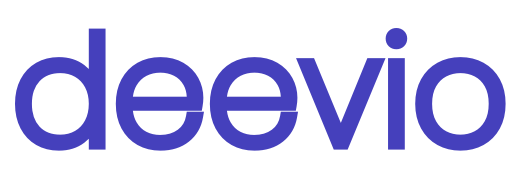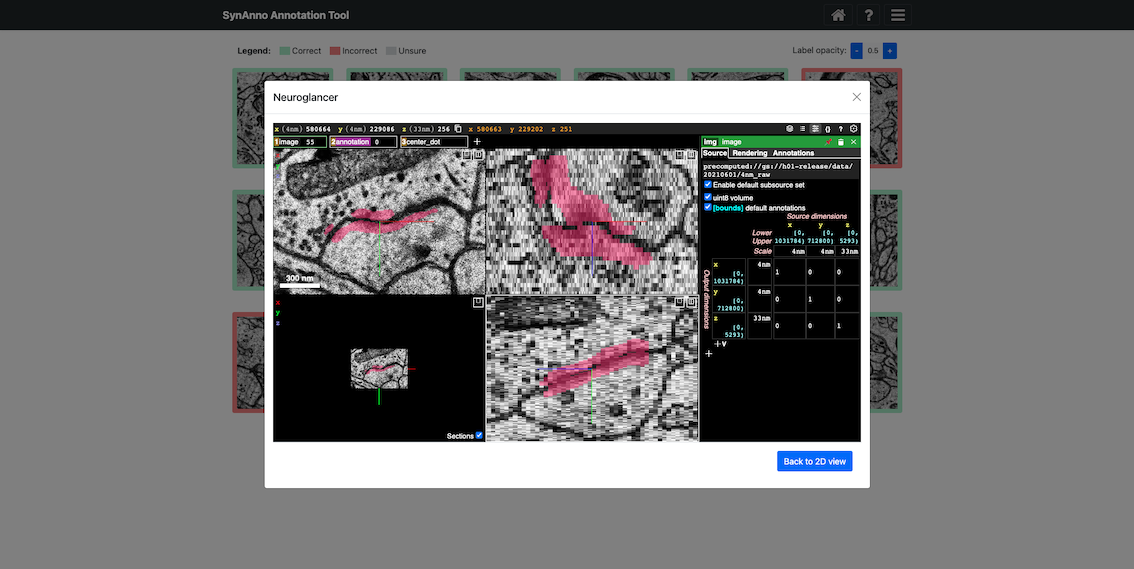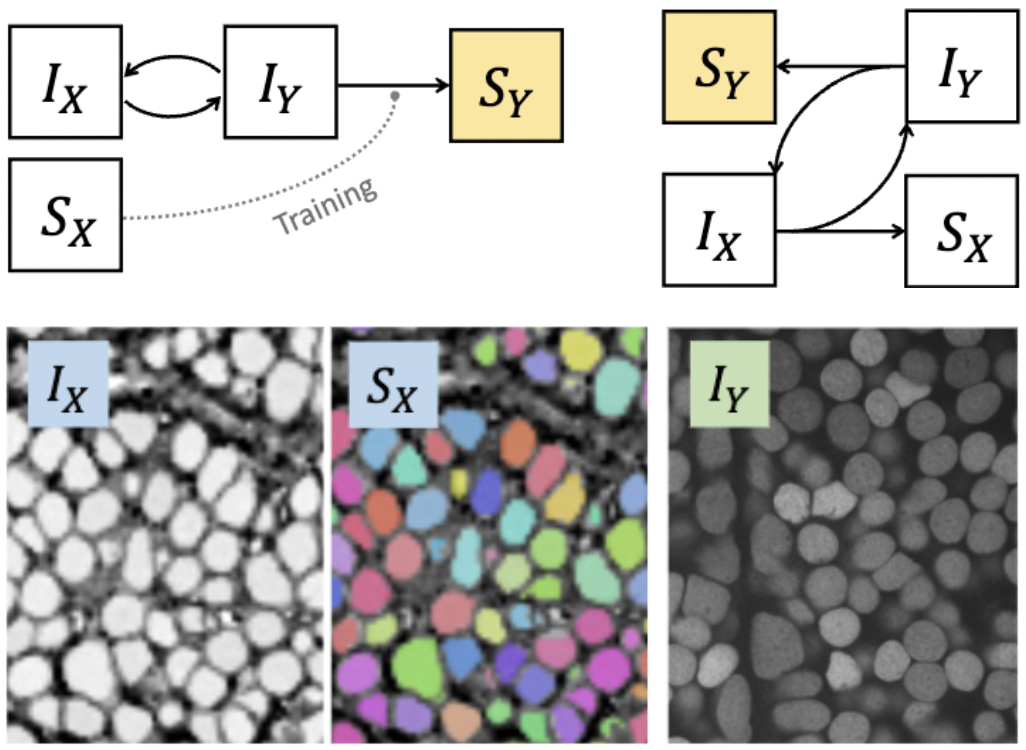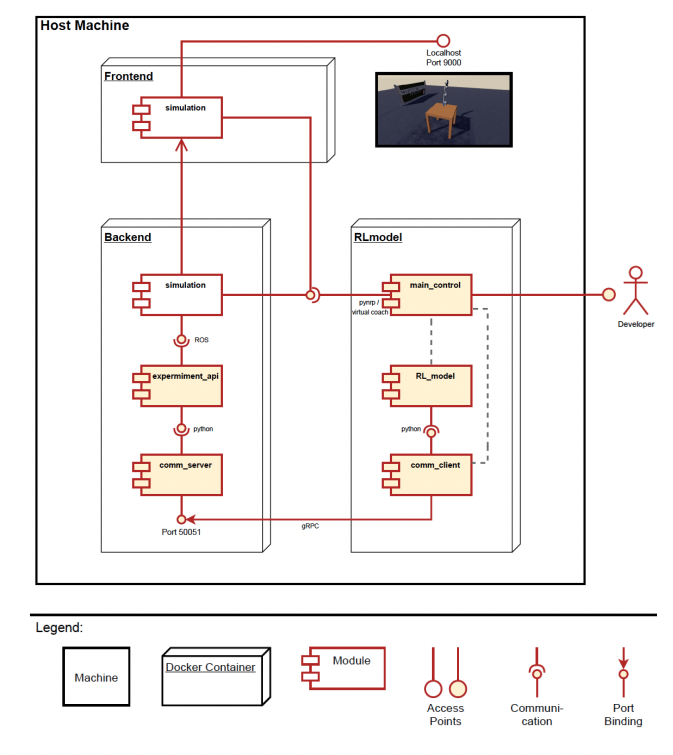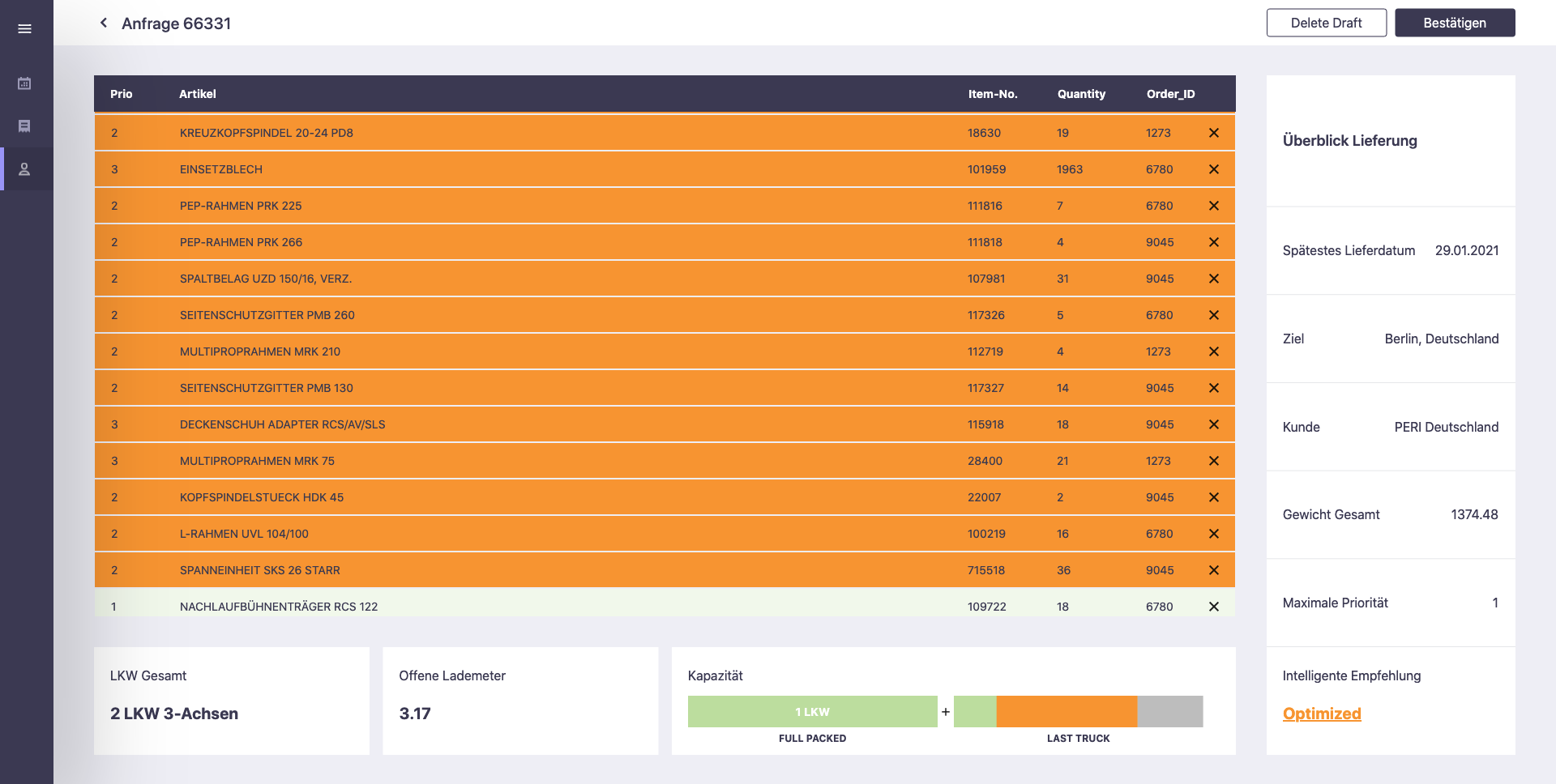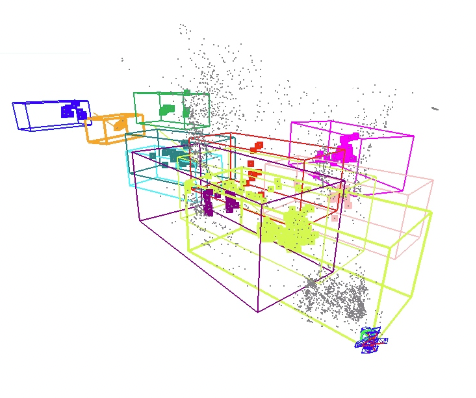About Me
I am a researcher and developer with a strong foundation in artificial intelligence, focused on building
open and impactful solutions that bridge science and engineering. I hold both a B.Sc. in Engineering
Science and an M.Sc. in Robotics,
Cognition, and Intelligence from the Technical University of Munich (TUM). During my Bachelor’s, I
worked as a student researcher at the national research institute fortiss, where I also wrote my Bachelor’s thesis. Afterward, I
joined deevio as a Data Scientist, then moved to Predicpro (now Stryza), a WATTx venture, as
Technical Project Lead and Integrated Systems Engineer. While completing my M.Sc., I gained further
experience at Agile Robots AG in software and perception. For
my Master’s thesis, I was invited to Harvard’s Visual Computing
Group (VCG) as a Research Fellow, where I developed CySGAN, a 3D domain adaptation and instance
segmentation method for neurobiology, published in IEEE JBHI 2023. I then continued as a Research
Associate alongside my full-time employment, leading the development of SynAnno, an interactive proofreading tool for
synaptic polarity annotations, which I will present at IEEE VIS 2025 in Vienna. After returning from the
US, I joined Merantix Momentum as a Research Software
Engineer, building scalable MLOps infrastructure and CI/CD pipelines for safety-critical ML. I now work as
a Senior Specialist for AI & Software at DB Systel, leading core
logic development in a large-scale R&D project on train dispatching automation and delay mitigation.
Experience
Senior Specialist for AI & Software | R&D Project KIDispo, DB Systel
Time: Dec 2023 - Present.
I design and lead the implementation of core logic components for a national R&D project automating
train dispatching across Germany's rail network.
Research Software Engineer | Research Team, Merantix
Momentum
Time: Feb 2023 - Jul 2023. Mentor:
Dr. Johannes Otterbach
Mr. Lauenburg is distinguished by his excellent
team-oriented work ethic, outstanding communication
skills, and very high flexibility. - Dr. Johannes
Otterbach
Research Fellow | School of Engineering and Applied
Sciences, Harvard University
Time: Oct 2021 - Jul 2022. Advisor:
Prof. Hanspeter Pfister
We would like to strongly recommend him [Leander] for any
academic programs or industry positions without
reservation. - Prof. Hanspeter Pfister
Working Student | Department for Perception and
Software Development, AgileRobots
Time: Dec 2020 - Jul 2021. Mentor:
Patrick Schulte
Leander has been an exceptional dedicated and driven team
member who consistently demonstrated his highly efficient
and independent work style. - Patrick Schulte
Entrepreneur in Residence (Tech Lead) | Stryza
(formerly Predicpro), WATTx
Time: May 2019 - Oct 2019. Mentor:
Dr. Martin Mittermeier
Leander's work laid the new foundation for Predicpro [Stryza]
for which we are entirely grateful. His vision and
hard-work ultimately resulted, among other things, in a
pilot project with a DAX listed company." - Dr. Martin
Mittermeier
Data Scientist Intern | Engineering Team, deevio
Time: Nov 2018 - May 2019. Mentor:
Dr. Tassilo Glander
We would like to highlight Leander’s versatility and
independent working style, as he proactively identified
and resolved issues related to his current tasks. - Dr.
Tassilo Glander
Working Student | Smart Energy Team, fortiss
Time: Jun 2017 - Sep 2018. Mentor:
Dr. Markus Duchon
Mr. Lauenburg shows an extraordinary level of commitment,
an exceptional willingness to perform, and a great
eagerness to learn. - Dr. Markus Duchon
Projects
SynAnno: Interactive Guided Proofreading of Synaptic Annotations
Leander Lauenburg, Adam Gohain, Jakob Troidl, Zudi Lin, Hanspeter Pfister, Donglai Wei
SynAnno introducing a structured and intuitive approach to proofreading synapses in connectome
datasets.
I began developing it during my time as a Research Fellow at Harvard University’s Visual
Computing
Group and completed it earlier this year as a Research Associate, alongside my full-time
industry
role.
Code
IEEE VIS
Lynx
Leander Lauenburg
Lynx is a lightweight tool that automates and schedules
sequential ML subtasks, tailored for experimental ML MVPs
that are not ready for a full-fledged Flyte setup. Ideal
for research, testing, and debugging, Lynx can run tasks
once or on a cronjob-like schedule, executing pipelines in
the foreground or background.
Code
3D Domain Adaptive Instance Segmentation via Cyclic
Segmentation GANs
Leander Lauenburg, Zudi Lin, Ruihan Zhang, Márcia dos
Santos, Siyu Huang, Ignacio Arganda-Carreras, Edward S.
Boyden, Hanspeter Pfister, Donglai Wei
(IEEE JBHI, 2023)
The paper '3D Domain Adaptive Instance Segmentation via
Cyclic Segmentation GANs', is available via open access in
the IEEE Journal of Biomedical and Health Informatics. The
paper is the result of my Master's thesis written during
my research stay with the Visual Computing Group at
Harvard.
Research
Code
Production Code
IEEE JBHI
Master's
Thesis
Reinforcement Learning for Solving Robotic Reaching Tasks
in the Neurorobotics Platform
Márton Szep, Leander Lauenburg, Kevin Farkas, Xiyan
Su, Chuanlong Zang
(HBP Student Conference, 2022)
The paper is my team's contribution to the master course
"Cloud-Based Machine Learning in Robotics" (grade 1.0). I
presented the work at the 6th Human Brain Project Student
Conference.
Code
arXiv Paper
Conference Abstract
PackLog Solutions: Estimation Tool for Streamlining
Logistic Operations
Franz Schubart, Leander Lauenburg, Lukas Pries
Marcel, Perez San Blas
(First Place in TechChallenge BEFIVE, Innovation
Challenge by
UnternehmerTUM, 2021)
In close collaboration with our industry partners, we
developed an MVP for streamlining planning and communication
processes between the various players in the logistics of
large manufacturers.
Code
Video
ELA - Object SLAM
Leander Lauenburg, Andy Chen, Ezgi Cakir
The work is my team's contribution to the master course
"Advanced Topics in 3D Computer Vision" (grade 1.0). It is
an extension of
CubeSLAM: Monocular 3D Object SLAM, IEEE Transactions on
Robotics 2019, S. Yang, S. Scherer. In addition to cleaning up, streamlining, and dockerizing
CubeSLAM, we improved the work by adding dynamic object
filtering, object class-dependent scaling, and embedding
stream enrichments.
Code
Awards
-
IFI Scholarship, German Academic Exchange Service (DAAD), 2022
-
First Place in TechChallenge BEFIVE, Innovation Challenge by
UnternehmerTUM, 2021






